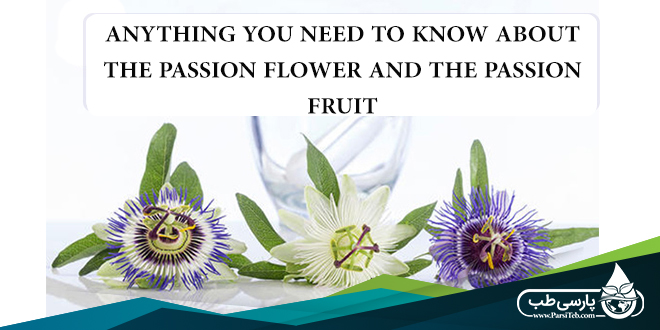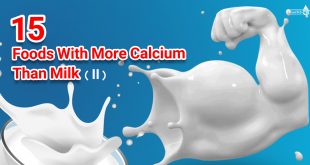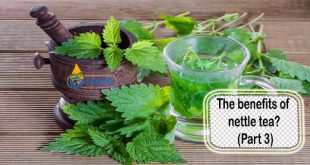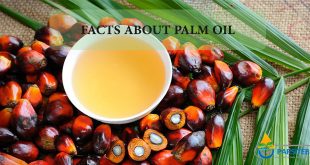Passiflora caerulea L.
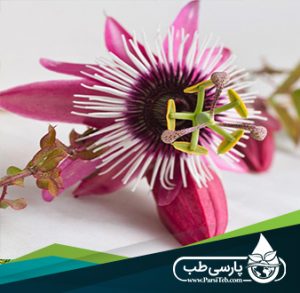
Botanical
- Growing to 10 m (33 ft) or more.
- Its leaves are palmate and fragrant
- Flowers blue-white with a prominent fringe of coronal filaments in bands of blue, white, and brown.
- The ovoid orange fruit, growing to 6 cm (2 in), is edible but bland
Habitat
- It is a species of flowering plantnative to South America.
- Found in Argentina, Chile, Paraguay, Uruguay and Brazil
- it is a vigorous, deciduous or semi-evergreen tendril vine
Edible Uses
Flowers and fruit.
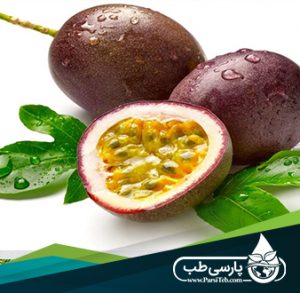
Health benefits of passion fruit
Delicious, passion fruit is a rich source of antioxidants, minerals, vitamins, and fiber. 100 g fruit contains about 97 calories.
fiber
- The fruit is an excellent source of dietary fiber. 100 g fruit pulp contains 10.4 g or 27% of fiber.
- good fiber in the diet helps remove cholesterol from the body.
- Being a good bulk laxative, it also helps protect the colon mucosa by decreasing exposure time to toxic substances in the colon and wiping off the cancer-causing toxic substances from the colon.
vitamin-C
- Passion fruit is good in vitamin-C, providing about 30 mg per 100 g.
- Vitamin-C (ascorbic acid) is a powerful water-soluble antioxidant.
- Consumption of fruits rich in vitamin-C helps the human body develop resistance against flu-like infectious agents and scavenge harmful, pro-inflammatory free radicals
vitamin-A
- The fruit carris very good levels of vitamin-A (provides about 1274 IU per 100 g), and flavonoid antioxidants such as ß-carotene and cryptoxanthin-ß.
- Current research studies suggest that these compounds have antioxidant properties, and along with vitamin-A are essential for good eyesight.
- Vitamin-A also required for maintaining healthy mucosa and skin. Consumption of natural fruits rich in vitamin-A and flavonoids may help to protect from lung and oral cavity cancers.
Fresh granadilla
- Fresh granadilla is very rich in potassium. 100 g fruit pulp has about 348 mg of potassium. Potassium is a major component of cells and body fluids and helps regulate heart rate and blood pressure.
- Furthermore, granadilla is an excellent source of minerals. Iron, copper, magnesium and phosphorus are present in adequate amounts in the fruit.
Reference:
practicalplants
Collected by
Dr. afsaneh Amin Ghafouri
 Parsi Teb Physical and Mental Health Journal
Parsi Teb Physical and Mental Health Journal 